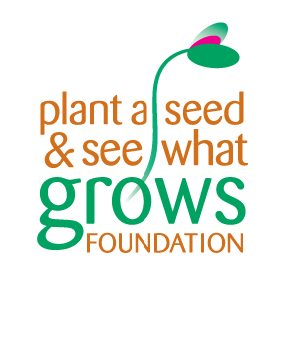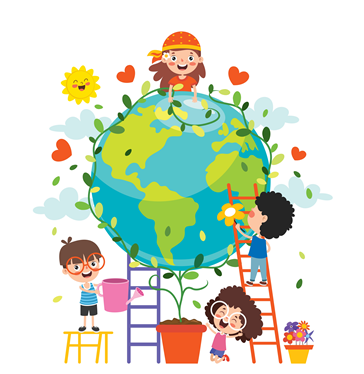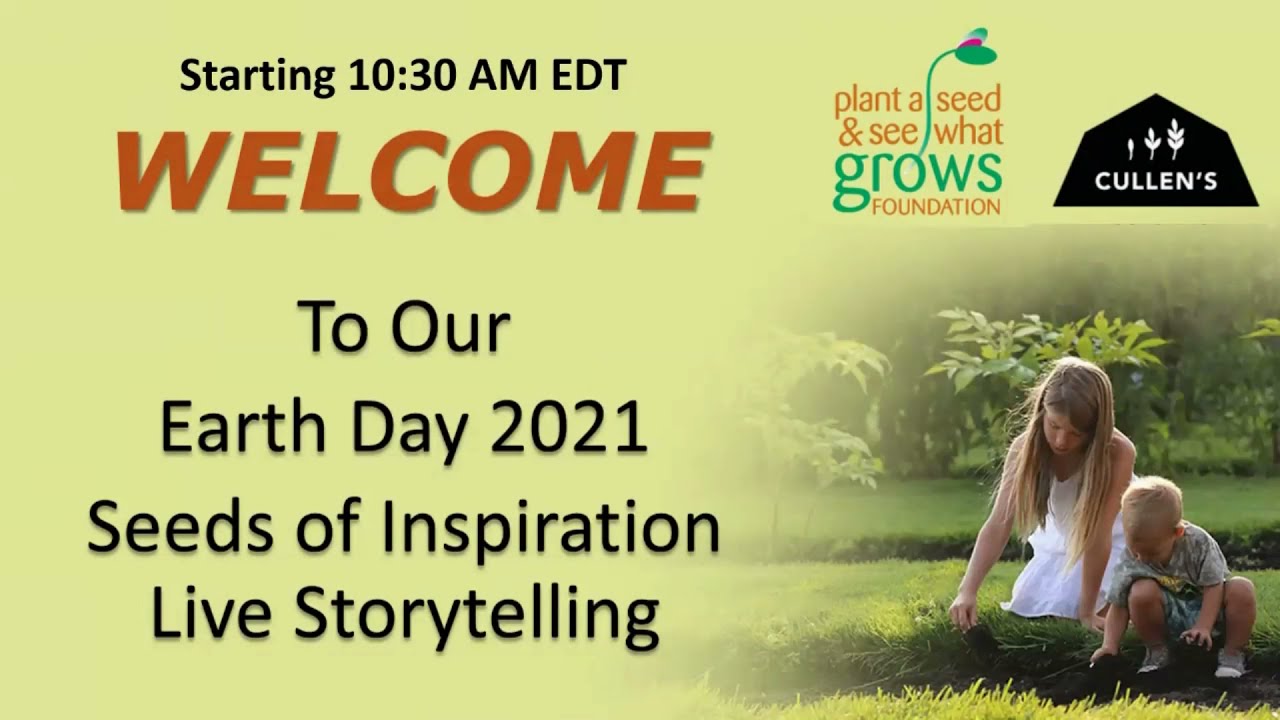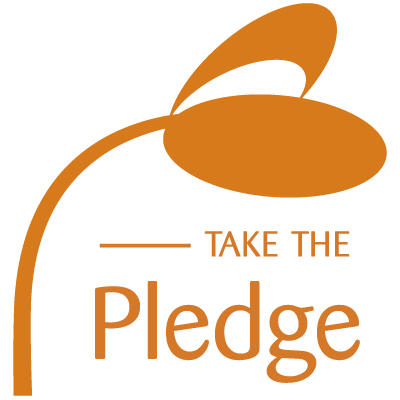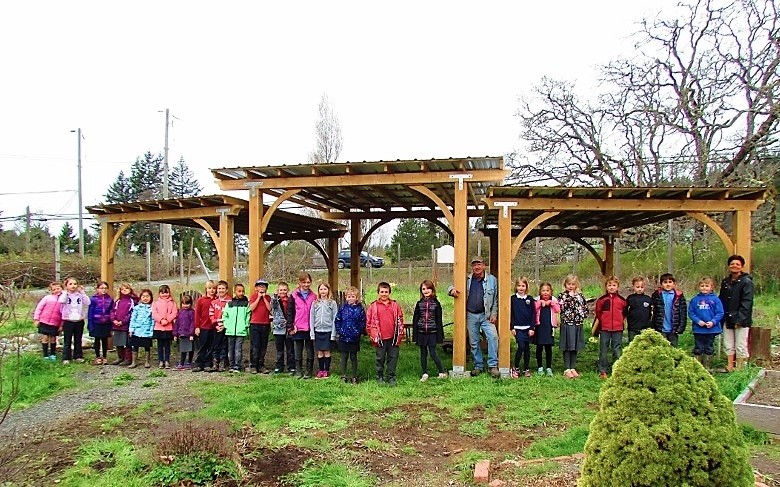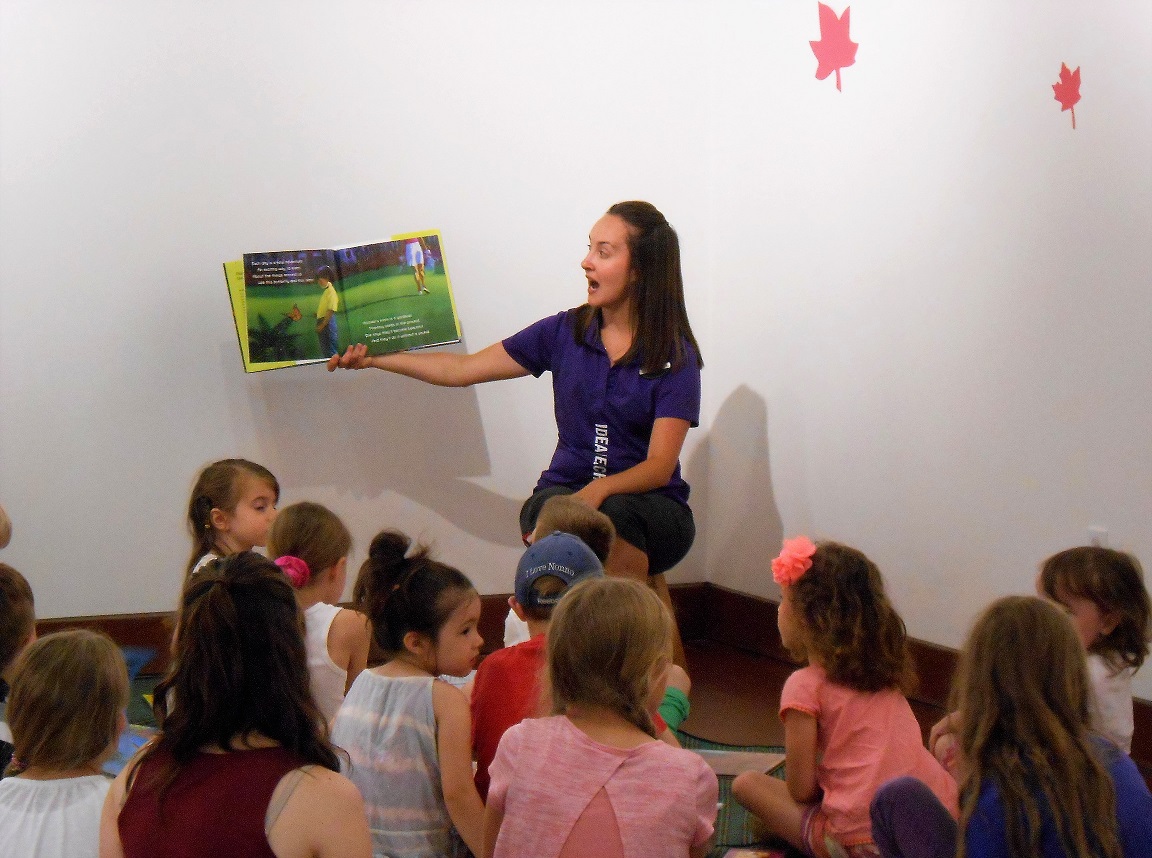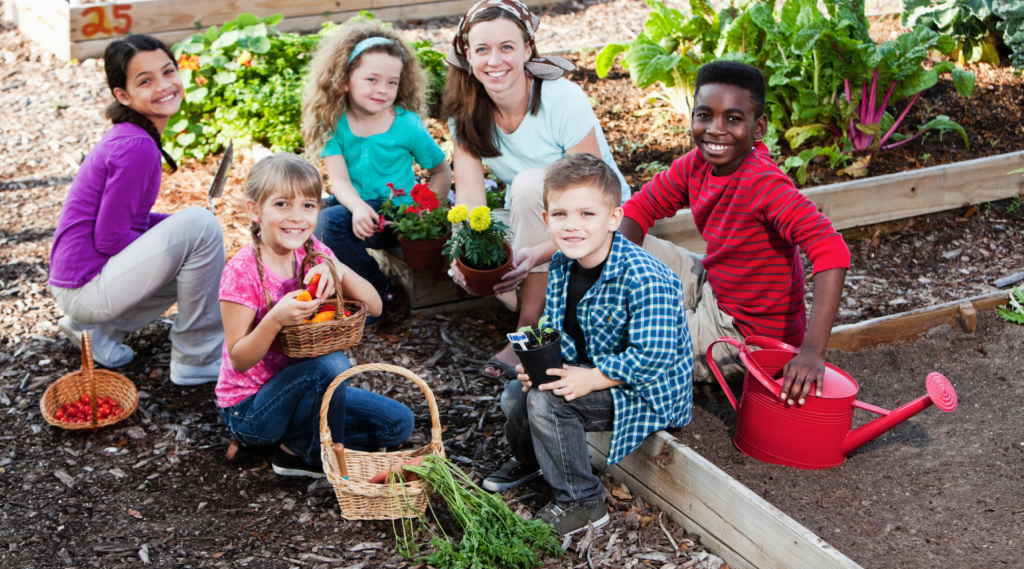
The immediate benefits of community garden and urban farm projects are clear. They provide a sustainable means to combat local food insecurity. Other benefits are less clear, but no less impactful. A recent development in Calgary Alberta substantiates the social value of community gardens, as it applies to children with disabilities. To further expand upon the concept being applied to the Camp Bonaventure in Calgary, we are taking a look at how community gardens can help children with special needs.
5 Ways Community Garden and Farming Projects Can Help in the Development of Children with Disabilities
1. Physical Development
A child’s strength and dexterity can be developed when participating in a community garden. This is especially important for those with physical disabilities that make traditional forms of childhood exercise (participation in sports, etc.) less practical. Community farming works all of their major muscle groups. The body bends, pulls, lifts, and stretches, performing every action that is beneficial to the development of large muscle groups. The act of planting, which involves the use of small tools, weeding and harvesting increase strength and control of a child’s fine motor skills. Certain disabilities will require adjustments in the garden/farm. For example, specialized tools, large planting pots, and raised-bed systems will help children who are confined to wheelchairs find success in the garden.
2. Cognitive Development
Childhood development concerns are not always visible. Learning disabilities and problems concentrating (ADHD) can have a severe impact on a child’s ability to function in society. Community gardens can help. Numerous case studies conducted by the Royal Horticultural Foundation (RHF) in the UK delivered fascinating results regarding children with special educational needs. There were improvements in the acquisition of knowledge and understanding, the ability to think independently, and they were better able to question and to apply concepts and principles in different contexts. Curriculum results included enhanced communication skills and improved use of vocabulary. Another study on children suffering ADHD found that outdoor exposure (i.e. participating in a community garden) enhanced their ability to concentrate.
3. Social Development for Children with Disabilities
Disabled children are often left out of many social situations, in and outside of school. By brining all children together in a community farming program you create an environment that fosters social interaction for all. A study of children with disabilities who participated in gardening found that their nonverbal communication skills and situational awareness improved. This helps them better interact with peers, allowing them the opportunity to make connections and form relationships.
4. Social Development for Other Children
The root of the social disconnect between children of differing abilities is often found with those that don’t understand disabilities. Kids (and adults) often fear what they don’t understand. This emotion can be turned into compassion. By creating a common ground where all can interact and engage, walls that were put up come crumbling down. If children living with what society deems to be normal facilities learn to work together with children of all abilities they will quickly find that the perceived differences are not so different after all.
5. Stress Reduction
Kids get stressed too. Children with disabilities have additional weight added to their shoulders that can cause them to feel more stress. Those with learning disabilities, for instance, are more likely to feel the effects of stress and exhibit signs of tension and anxiety (Brinckerhoff, Shaw, McGuire, 1993). Studies have shown that community gardening can help alleviate this. The following quote from a Grade 9 student involved in the RHF program addressed above sums it up well:
“Gardening is a useful thing as it calms me down, it’s a relaxing thing to do. I hope to come back to work in the polytunnel in Year 10, it has been a good experience” (RHS SEN Schools Project 2009-2010)
It’s important to note that in order to take full advantage of the above benefits you will need to make sure that your community garden is accessible. Every city will have its own set of guidelines to abide by. In Greater Vancouver, for example, you can refer to this copy of Accessible Community Garden Guidelines.
Do you have any stories to share about how community gardening has benefited a child with disabilities in your life? We’d love to hear about them! Follow our Foundation on Facebook or Twitter, or find this article on our recently published posts, and leave a comment.
